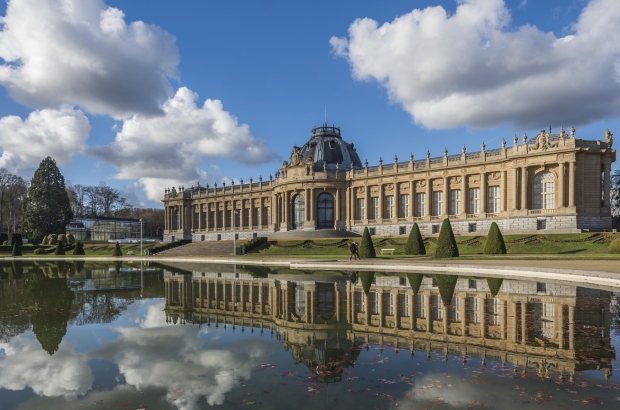- Daily & Weekly newsletters
- Buy & download The Bulletin
- Comment on our articles
Belgian government’s sale of stolen Nigerian art for €240 sparks legal battle
The Belgian government sold a valuable and stolen Nigerian work of art to a Flemish antique dealer for €240, according to an investigation by VRT NWS and De Tijd. Meanwhile, the Nigerian government is demanding that the piece be returned.
The Ife Bronze Head – a statue simply listed as ‘African Art’ – was sold in 2007 at a public sale of confiscated goods by the Federal Public Service of Finance.
In 2017, the antique dealer attempted to re-sell it through a London auction house, which decided that it was a stolen work and notified authorities, who confiscated the statue. A legal battle then ensued, as the Belgian antique dealer continued to insist that he was the artwork’s rightful owner.
The centuries-old bronze statue was determined to have been snatched from Nigeria's National Museum in 1987; it’s considered a masterpiece of African art worth millions.
The Nigerian government has been negotiating with the antique dealer since 2019 for the return of the looted object. At first, he demanded €5 million for it, but the amount has since dropped to €60,000.
But Nigeria refuses to pay anything for the artwork stolen from them, and so the case remains at a standstill.
Julien Volper, the curator of the AfricaMuseum (pictured) who was contacted by the London police to verify the authenticity of the sculpture, says the Belgian government should pay the €60,000.
“This is an easy and cheap solution for the mistake the Belgian government made by selling the looted art,” Volper said. But it appears that nobody in the federal government feels the need to intervene in the case.
“If Nigeria wants the statue back, it will have to summon the antiquarian dealer,” said professor of art and cultural heritage law Bert Demarsin (KU Leuven).
“Then the main question is: is the man in good faith or not? Did the man know at the time of his bid at the auction that it was looted art, or should he have known, or not?”
Belgium a hotspot for trafficking stolen artefacts
Due to a lack of strict controls, Belgium has become a breeding ground for all kinds of trafficking in stolen and counterfeit antiques.
According to the FPS Economy, 80 to 90% of the archaeological objects sold in the country are fake.
The spokesperson for the Brussels public prosecutor's office, Sarah Durant, confirmed the lack of control over export licences: “As a trafficker uses this export licence to demonstrate the legal origin of a work, the industry probably finds it easier to launder art objects in Belgium than in other countries.”
Belgium ratified a Unesco convention in 2009 to control the import and export of antiques from countries whose heritage is often plundered, but has so far failed to uphold this commitment.
Customs intercepts very few 'cultural goods' and the vast majority of financial flows surrounding the smuggling of antiques also slip under the radar. The ART investigation unit within the federal police was dismantled years ago, and today there is only one investigator and one assistant left in Belgium to coordinate the fight against this type of crime.
“We know that the art and antiques scene has taken advantage of this lack of resources,” said Durant. “To our knowledge, no case has led to the conviction of an antiquities dealer.”
The Brussels public prosecutor's office says they’d like to do better moving forward, and since 2020, the FPS Economy has been “subjecting the sector to proper control”.
Anyone dealing in art and antiques must report suspicious transactions of more than €10,000 to the anti-money laundering unit, and a risk analysis by the Economic Inspectorate has led to around 20 investigations in the last three years.
Photo: AfricaMuseum Tervuren



















